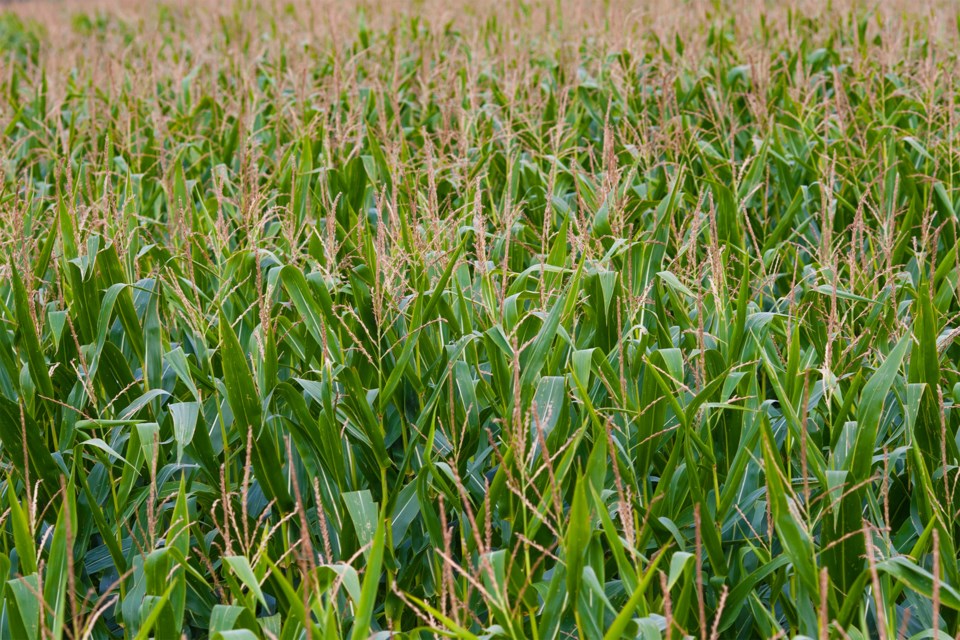BradfordToday received the following letter from Terry Daynard, Ontario grain farmer and former professor of crop science and associate dean, University of Guelph:
Nonie De Long’s column of Feb. 7 entitled “What are GMOs and why are there concerns about them?” contains enough misinformation to make Donald Trump envious. That I recognize as a former agricultural researcher, and a farmer who has grown genetically modified crops for 25 years.
For starters, GM crops and foods derived therefrom are examined more thoroughly by regulators like the professionals in Health Canada and all developed countries, compared to virtually any other food or food crop. The research has included multigenerational feeding trials with rodents. In 25 years, not a single case of human or farm animal ill-health has been found from the production or eating of a government registered GM crop/food, anywhere in the world.
The introduction of a gene into Ontario corn from a natural microbe commonly used in organic agriculture has vastly reduced synthetic pesticide use by farmers, to protect corn from harmful insect pests known to harm crop yields and create toxins.
GMO technology also permitted farmers to eliminate most herbicides in favour of applications of glyphosate which Health Canada and regulators word-wide continue to rule to be one the least toxic pesticides.
The high-profile US court cases where “victims” have been awarded damages for claims of cancer supposedly caused by glyphosate have all been jury awards, mostly involving money-chasing lawyers. Where professionals trained in toxicology have been involved in judgments, there have been none.
Ms. De Long is badly misinformed in stating “GMO foods have been banned from many countries, including France, Germany, Austria, Greece, Hungary, the Netherlands, Latvia, Lithuania, Luxembourg, Bulgaria, Poland, Denmark, Malta, Slovenia, Italy, and Croatia.” Not true for any of them. Indeed, GMO soybeans, canola and soybeans imported from Canada are widely used in producing livestock foods and other products all over Europe.
It’s equally untrue that GMO technology has led directly to crop variety patenting by large companies. Indeed, most patented crops are non-GMO, including some used by organic farmers. It‘s true that producers/marketers of GMO crops oblige farmers to agree not to use seed grown from them for future crop planting.
That’s to protect the millions in research dollars invested. Farmers who don’t agree can buy seed elsewhere. The few cases where farmers have been sued have been where farmers knowing grew GMO crops without paying for the privilege (essentially the same as the use of bootlegged films and music).
And survey data show that, if anything, the number of “superweed” species resistant to various herbicides has tended downward since glyphosate’s introduction, not up.
Terry Daynard
R.R. 7, Guelph ON, N1H6J4

